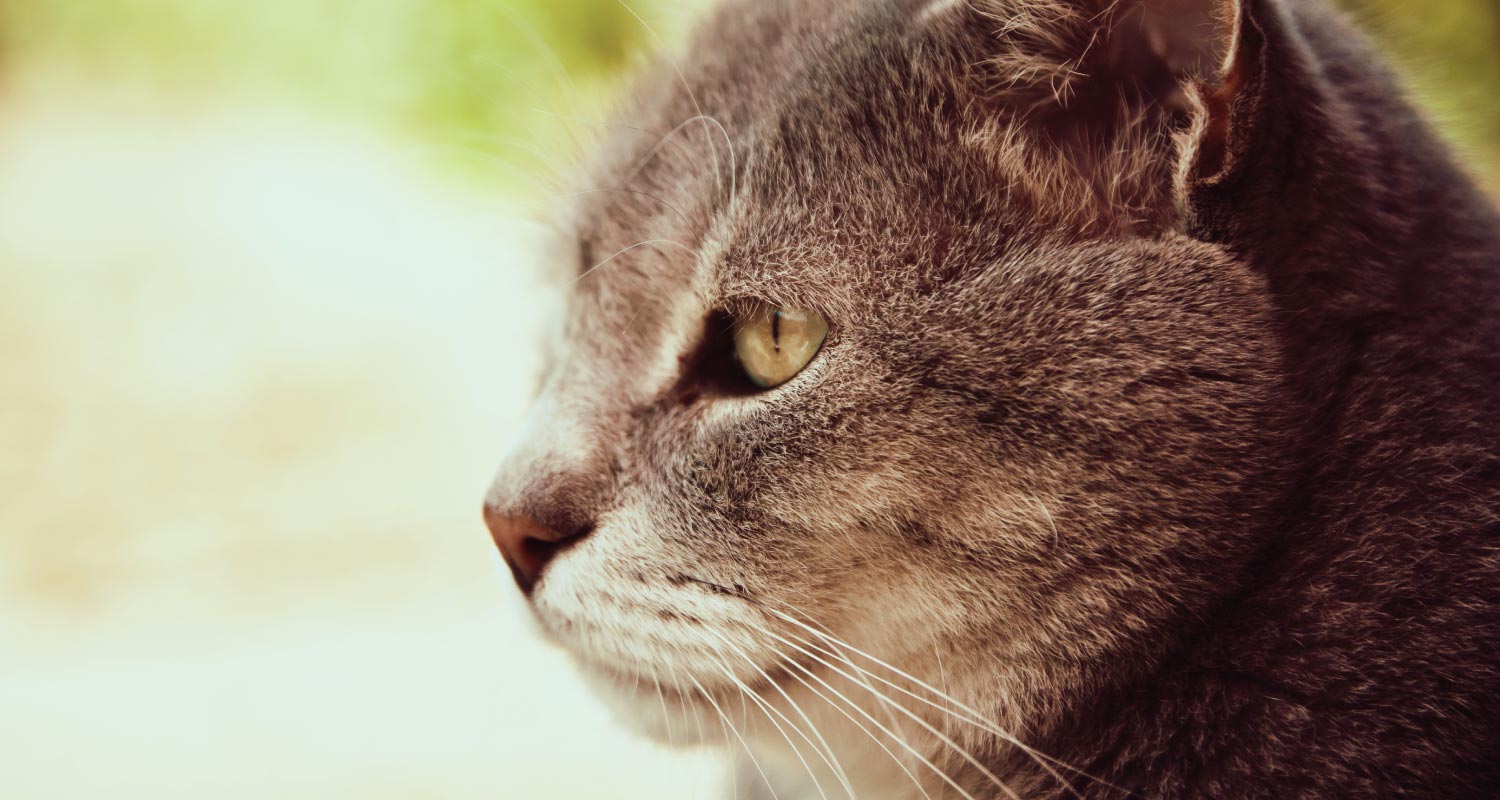HEALTH & WELLNESS

VOTING BOOTH

TRENDING

LIONS FOUNDATION OF CANADA DOG GUIDES
Lions Foundation of Canada Dog Guides and its founding program, Canine Vision Canada, was established in 1983. It’s the largest school of its kind in Canada with its training school in Oakville and breeding facility in Breslau.
Chronic Kidney Disease in Cats – Signs, Prognosis, Management

Chronic kidney disease (CKD) is the name used to refer to cats with kidney failure (or chronic kidney failure).
CKD is most common in middle to old-aged cats. Since it is a progressive disease there is a gradual decline and worsening of the condition. The rate of decline varies depending on individual cats.
The kidneys are complex and intricate organs responsible for essential bodily functions and include:
- removing waste products through the urine;
- maintaining fluid balance in the body;
- producing certain hormones;
- maintaining normal blood pressure;
- regulating many electrolytes in the body.
Although CKD is not a curable or reversible disease, treatment and management can improve the quality of life, and prolong life by slowing down the progression of the disease.
WHAT TO LOOK OUT FOR
Because CKD is a progressive disease signs are often not noticeable or quite vague initially but with time they worsen.
The most common signs may include:
- Reduced appetite
- Weight loss
- Lethargy
- Increased thirst
- Frequent urination
Other signs include:
- Dull coat
- Anemia
- Weakness
- High blood pressure
- Vomiting
- Bad-smelling breath
TREATMENT
Dietary adjustments and medications can help, but sometimes intravenous fluid therapy is required or blockages must be fixed through surgery.
Dietary adjustments usually require increasing the intake of Omega-3 fatty acids and adding Vitamin D while decreasing protein and phosphorus consumption. Consult your veterinarian for a meal plan suited to your cat’s age and condition. The process should be monitored and your vet should be kept updated. A diet should not be changed immediately but adjusted over time. Also discuss a check-up schedule with your veterinarian to monitor your cat’s condition through regular blood (urea, creatinine, SDMA) and urine tests.
Unrestricted access to clean water is essential.
AT HOME
A calm home can go a long way in helping your cat recover and managing any disease or condition. Just like humans generally don’t want to be bombarded by noise and action, cats could also do with peaceful atmosphere.
Medication can help manage the disease for a fuller, happier life for your cat.








